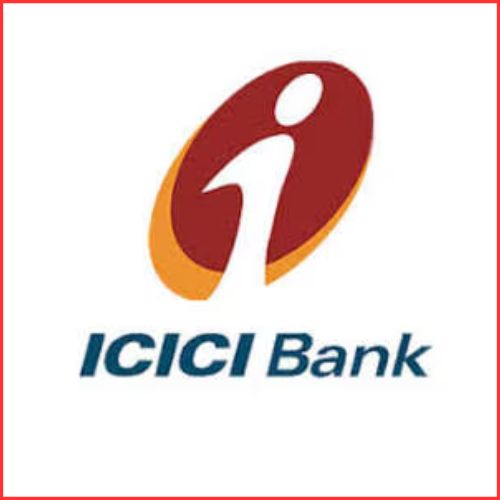To expand the use of RuPay cards and UPI, NPCI International Payments Limited (NIPL), a fully owned subsidiary of the National Payments Corporation of India (NPCI), has inked a binding contract with PPRO, a provider of worldwide digital payment infrastructure.
Payment service providers (PSPs) and international merchant acquirers are among the clients of the UK-based PPRO on a worldwide scale, according to the NPCI in a media release on Thursday.
“UPI has transformed India’s digital payments ecosystem. Indian customers will now be able to shop online with retailers worldwide and pay securely and conveniently via UPI thanks to the partnership with PPRO, according to NIPL chief executive Ritesh Shukla.
With this partnership, NIPL will also enter international markets, and India will be included in PPRO’s Local Payment Method (LPM) coverage map.
UPI, a well-known instant payment system, was introduced in 2016 and currently handles 40% of all immediate payments processed globally and 60% of all domestic payments in India.
More than 325 million people regularly use the UPI platform, which fully interoperates with 390 banks and 100 third-party apps. The largest number of transactions performed by UPI since it began in March 2023 was over 8.7 billion in only one month.
The collaboration between NIPL and PPRO will enable global PSPs, banks, payment gateways, and businesses with payment platforms to grow globally, opening up access to Indian consumers for foreign e-commerce merchants.
This allows customers to easily make cross-border transactions in Indian rupees using their preferred payment method, according to the statement.
According to Simon Black, CEO of PPRO, “international payment service providers and their merchants can now easily tap into an e-commerce market that is expected to reach an estimated $111 billion next year and is predicted to almost double to $200 billion by 2026.”
Black continued, “By integrating UPI into PPRO’s digital payments infrastructure through a single connection, we have removed all operational complexity for our partners to sell across borders into India at scale.”
In recent months, the rate of UPI acceptance has increased globally. The Reserve Bank of India launched the UPI-PayNow connection, a real-time payment system linkage between India’s Unified Payments Interface (UPI) and its comparable Singapore network, PayNow, in February to make it easier for citizens of India and Singapore to send money across borders quickly.
In an effort to broaden the scope of the Unified Payments Interface (UPI), the Reserve Bank of India (RBI) and the National Payment Corporation of India (NPCI) are also in preliminary discussions with Thailand, Sri Lanka, and other nations.















